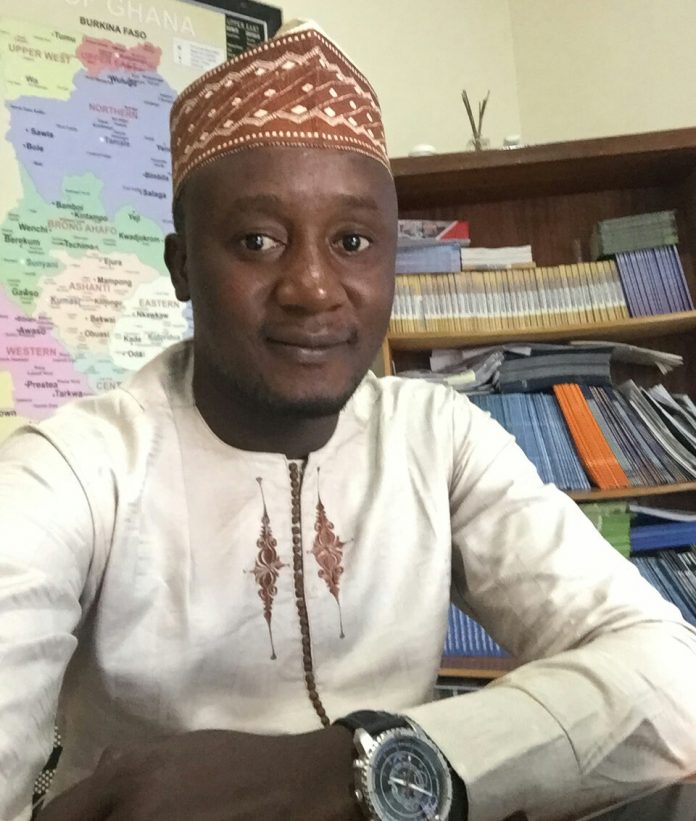
As Nigeria celebrates 20 years of un-interrupted democracy, the country is still going through difficult and hard situation especially in the area of security, economy and national unity. In 1999, Nigeria returned to democracy which drew attention of international and national spectators especially on the issue of unity of the country, looking at the multi-cultural and religious nature of Nigeria. Many Nigerians within and in diaspora celebrated the moment with the open mind that, now the nation will experience radical transformation and development.
After the conduct of good six general elections, Nigerian electoral process has improved but with some ugly setback like electoral violence, high desperation from politicians, electoral logistic irregularities, poor organization, vote buying and security compromise in our elections. Although there is defined democracy standard, Nigerian politicians are only interested in representing their personal needs or interest rather than putting the interest of the nation at heart. They have succeeded in dividing the country along religious and ethnic fault lines. Election is no longer base on the capacity and ability of the person to deliver; most Nigerians are more interesting of seeing their kinsmen occupying the corridors of power. No wonder now the appointment into different ministries, department and agencies of government is based on where ones from and religious consideration rather than merit.
Our economy is at one step forward, two-steps backward with over 90.8 million Nigerians living below poverty line. The industries are no longer functioning, foreign investors are afraid to invest their resources and the level of unemployment is becoming threat to our national security.
Another cancer that has eaten deep of our democracy and the unity of the country is the issue of wide spread of hate and dangerous speech especially within the context of growing use and access to the social media. Through these methods, we have continued to witness the multiplication of fake stories and gory images. Nigerian conversational space is suffocated with hateful content that did not only threat the peaceful atmosphere but also wants to throw the country into war. The hate speech is not limited to the social media platforms alone, it is openly now broadcast in radio and television programs and to a large extent in newspapers. All these fake news and hate speeches that are circulating on daily basis are heating up our political atmosphere and drive the lines of division and sowing the discord in the minds of Nigerians.
Nigerians do no longer trust each other due to the numerous crisis in the country. Even though, ,the Buhari’s administration did well in containing the situation but it did little to bring the perpetrators of these heinous acts into justice. By doing so,it would serve as deterrence to other and forestall future occurrence. To make its worse is now the crisis of arm banditry in Katsina, Zamfara, Sokoto, Kebbi and Kaduna state, Fulani/farmers clashes in the north east region and of course wide spread of kidnapping with demanding of millions naira from the victims especially along kaduna-Abuja high way. All these crises are making our democracy fragile
In spite of these multiples of problems, the country appears waxing stronger. This means there will be light and the end of the tunnel. There is going to be brighter future for Nigerians if we can understand the wisdom of God for putting us together in one country despite our differences.
Government should provide conducive atmosphere for the economy to grow and seduce or convince our both domestic and foreign investors to invest in the country. By Doing so, it will tremendously help the country to reduce the level of unemployment and also diversify our economy. Finally, Happy 20thyears anniversary of Democracy and God bless the federal republic of Nigeria.
Idris Mohammed is a Program Officer with Centre for Democracy and Development (CDD West Africa) Abuja. He tweets @idpyar
The views expressed in this article are the author’s own and do not necessarily reflect the editorial policy of Sky Daily





































